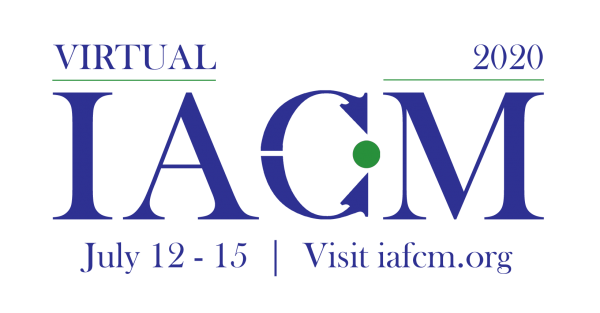Full Program »
The Longer Shortlist Effect: Cognitive Persistence Increases the Gender Diversity of Candidate Shortlists
For many professional advancement opportunities (e.g., job offers, promotions), making it onto the shortlist is a crucial early step. For some candidates, one barrier to making the shortlist is the prevalent use of informal recruitment practices (e.g., utilizing colleague recommendations, no formal job ad). The current research investigates a low-cost, theory-driven intervention designed to increase the gender diversity of candidate shortlists in male-dominant domains (e.g., technology industry executives). Across four studies (N = 1,824) we asked individuals to generate a shortlist of candidates for a position and found that cognitive persistence (i.e., making a longer shortlist) increased the gender diversity of the shortlist candidates. We propose that this longer shortlist effect occurs because cognitive persistence in a given domain (e.g., technology industry executives) promotes divergence from the category prototype (e.g., male candidates). Study 3 found evidence consistent with this prototype divergence mechanism and Study 4 ruled out an alternative mechanism. Documenting mechanisms for facilitating the representation of underrepresented groups is a first step toward addressing social inequality and subsequent societal strife and conflict.
